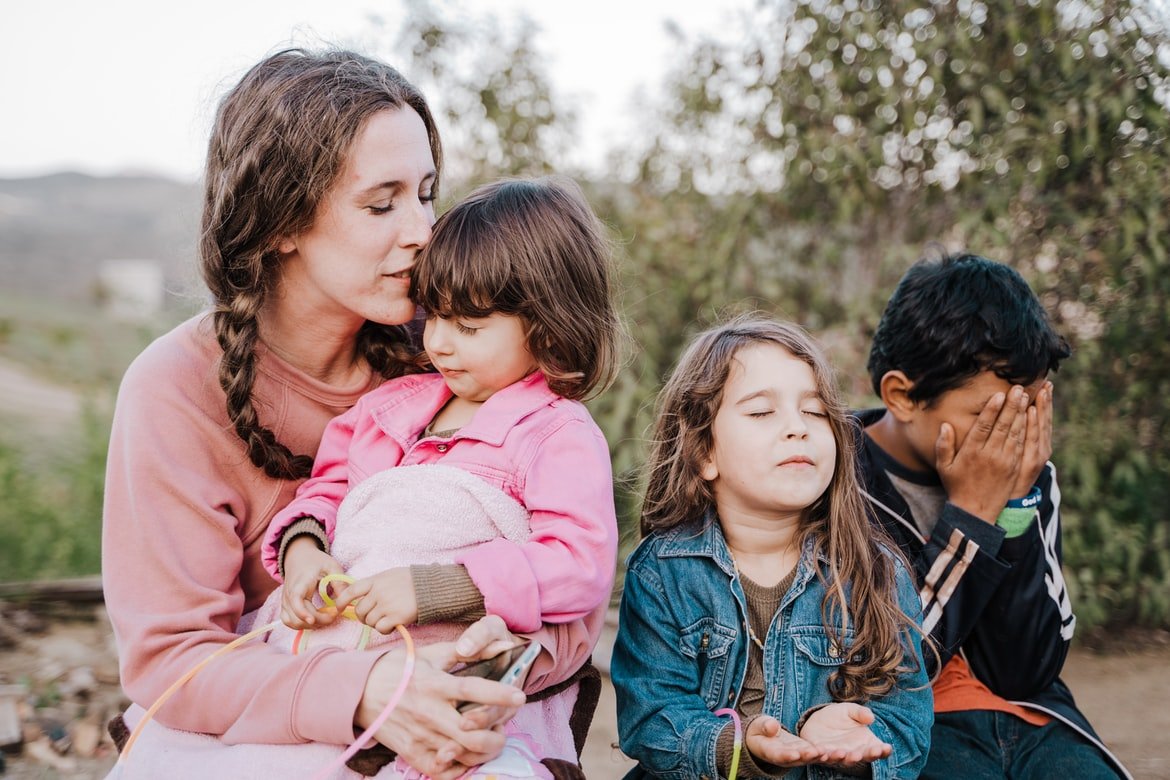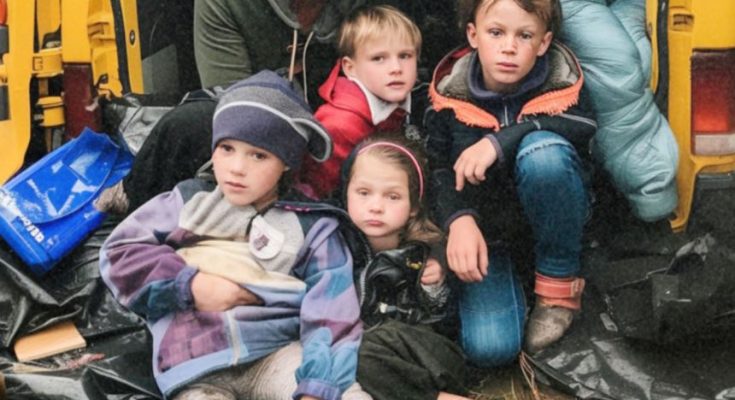James Calloway was a self-made millionaire who prided himself on his success. He lived in a sprawling mansion, surrounded by luxury and comfort. However, James had become estranged from his only daughter, Rachel, years ago after a bitter argument about her life choices. They hadn’t spoken since, and he assumed she was living comfortably somewhere, too proud to ask for his help. That assumption shattered one afternoon when he happened to spot a familiar face at a gas station.
Rachel was there, but she wasn’t alone. Four children, her children—his grandchildren—were crowded into the backseat of an old, rundown car. It was clear they had been living out of it. The sight of them eating sandwiches out of a cooler broke James’s heart. For a moment, he stood frozen, grappling with the harsh reality. His daughter, whom he’d turned his back on, was struggling in a way he had never imagined.
He approached Rachel, his voice trembling with guilt and disbelief. At first, she was reluctant to talk to him, her pride and past wounds holding her back. But as he listened to her story, James learned that Rachel had fallen on hard times after a series of misfortunes. She had tried to shield her children from the worst of it, but finding stable work and a place to live had proven impossible. Swallowing his pride, James offered to help, not as a savior, but as a father who had failed to be there when his family needed him most.
Over the next few weeks, James helped Rachel and the children transition into a new home. He funded their education, ensured they had everything they needed, and worked to mend the broken bond with his daughter. For James, wealth had always been a measure of success, but this experience taught him the true value of family. It wasn’t about money or pride—it was about being there when it mattered most.



Your point of view caught my eye and was very interesting. Thanks. I have a question for you.